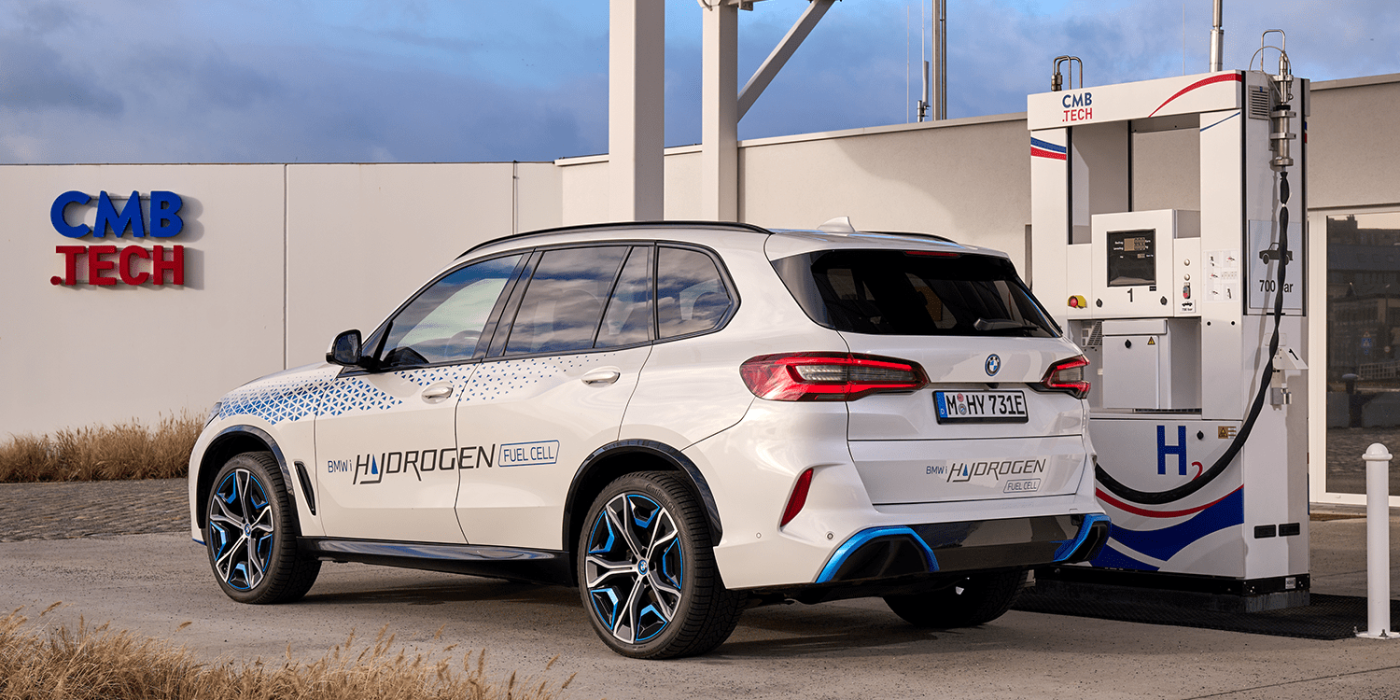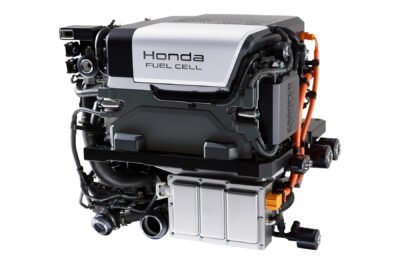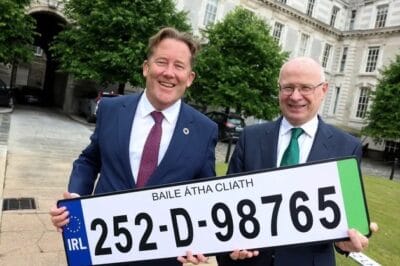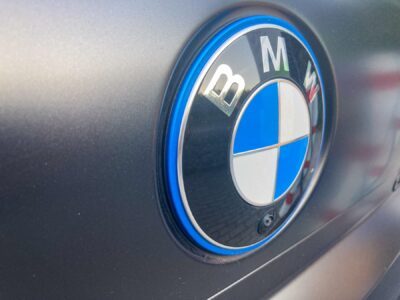BMW continues to rely on Toyota fuel cells
BMW is sticking to its goal of making the fuel cell ready for series production for passenger cars by the end of this decade. The technology is “the missing puzzle” in regions where there is insufficient charging infrastructure for electric cars, explained Group CEO Oliver Zipse, according to Handelsblatt. His recent visit to China and Japan “rather reinforced” this assessment. For BMW, it is also “an advantage if no one else goes into this technology”.
“There is no “one-size-fits-all” for the mobility of today and tomorrow. Our world is multifaceted – and that’s why we need different technological solutions,” said Zipse in his speech on the Q3 business figures, which he said was still influenced by his trip to China and the Japan Mobility Show. “On the one hand, to meet our customers’ wide-ranging needs. On the other, to comply with very different regulatory requirements in countries around the world.”
Investments in the fuel cell are “by no means a move away” from electric cars with batteries. As a result, BMW could extend its development cooperation with Toyota for fuel cells, due to expire soon. BMW has been developing fuel-cell cars for many years but gets the fuel cell from Toyota. The Munich-based company focuses on other components and integrating the overall system into the vehicles.
BMW wants to extend cooperation with Toyota
According to the Handelsblatt, Zipse confirmed that talks are underway. BMW is thus clearly interested in extending the partnership and wants to continue using Toyota fuel cells. The Japanese have been researching the technology for decades and have reached a correspondingly high level of maturity – also thanks to its use in their fuel cell car Mirai, in commercial vehicles and via third-party business. However, there are no current statements on the exact status of these talks.
So far, BMW has only put a demonstration fleet of the iX5 Hydrogen on the road. From 2027, the sister models X6 and X7 could be optionally delivered with fuel cells following their model change, according to Handelsblatt, citing company circles. The New Class (or Neue Klasse), which focuses on electric drives, could also be optionally equipped with fuel cells. And that, even though BMW clearly described the new platform as “BEV-only” in an official announcement in March 2023.
In this respect, Zipse’s new statements are surprising, especially as cooperation partner Toyota seems no longer convinced of the use of fuel cells in passenger cars. Toyota’s Technical chief Hiroki Nakajima recently admitted that the Mirai, Toyota’s only series-produced passenger car with fuel cell technology, has “not been successful.” Only 22,000 units were sold worldwide over two generations of the Mirai. The vehicle is too expensive, and, above all, the H2 filling station network is still too thin on the ground for private customers.
According to Nakajima, Toyota will shift the focus of its fuel cell development from passenger cars to commercial vehicles. Logistics companies with predictable routes, for example, in distribution transport, can plan the use of hydrogen trucks around a (dedicated) H2 refuelling station, which is also possible for regular bus services.
However, according to the head of technology, Toyota does not want to “give up on [hydrogen] passenger cars” just yet but is looking for ways to reduce the size of components, such as the stack and tanks, to make the technology applicable to different vehicle types and increase its attractiveness. However, it remains to be seen when there will be another Toyota passenger car with a fuel cell.
BMW focuses on larger model series with fuel cells
According to Zipse, the size of the components and a possible Toyota focus on lorries and small trucks is not a problem for BMW. The Munich-based company does not want to bring the technology to the compact or mid-size class anyway. Fuel cells are a technology for large and heavy vehicles, Zipse says in the Handelsblatt. The BMW boss also focuses on further improvements in his considerations: “The development of the fuel cell is ten to 15 years behind battery development.”
The BMW brand and the BMW Group (including Mini and Rolls-Royce) had an electric share of 15.1 per cent in the third quarter. With 93,931 all-electric cars, it was BMW’s strongest quarterly result to date. In the first three quarters of 2023, it already 217,138 sold EVs. The 100 iX5 Hydrogen cars hardly play a role.
handelsblatt.com (in German), bmwgroup.com (Zipse quote)





0 Comments